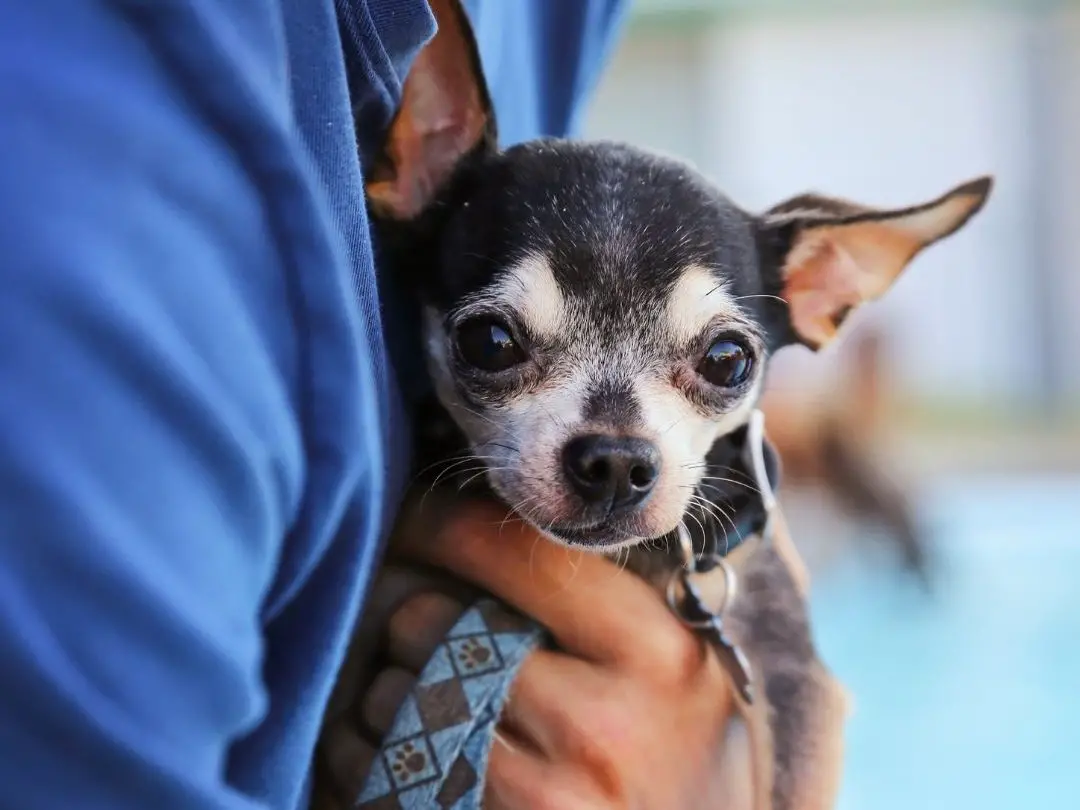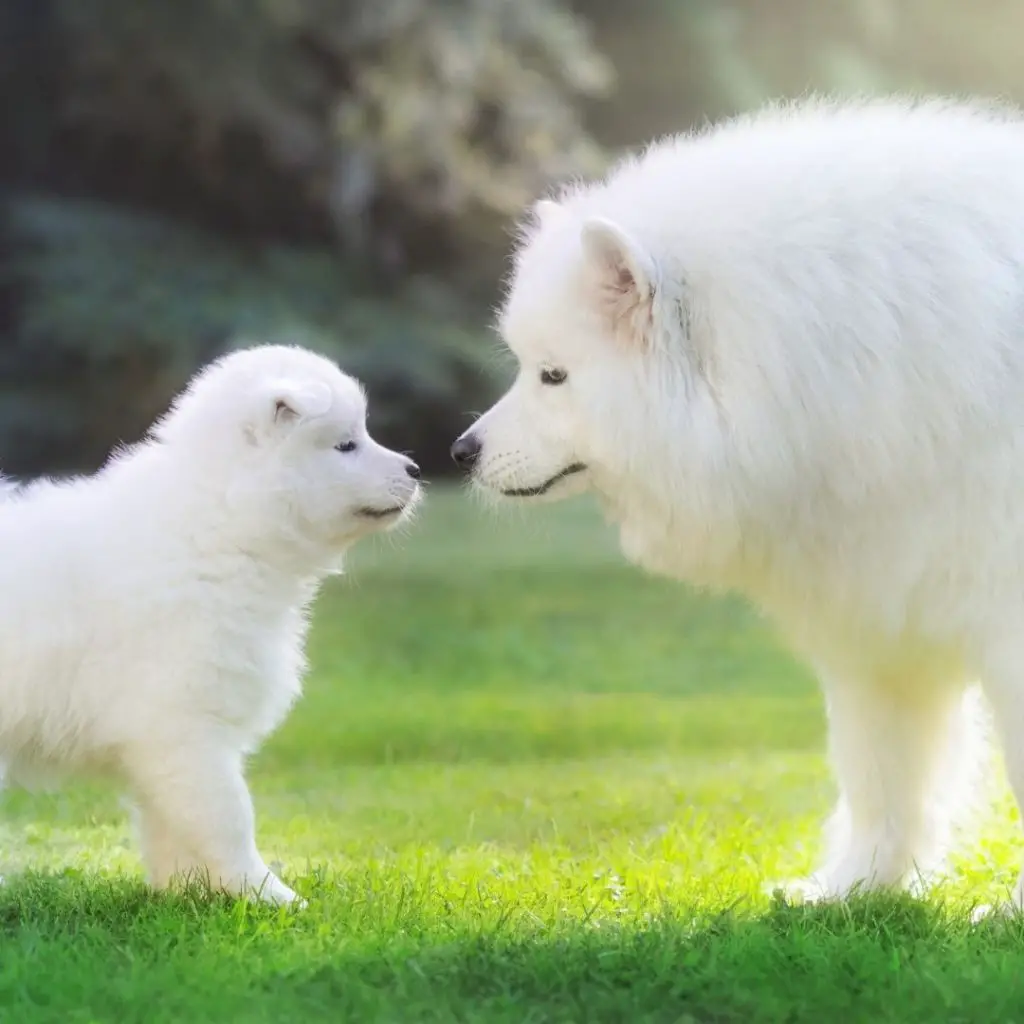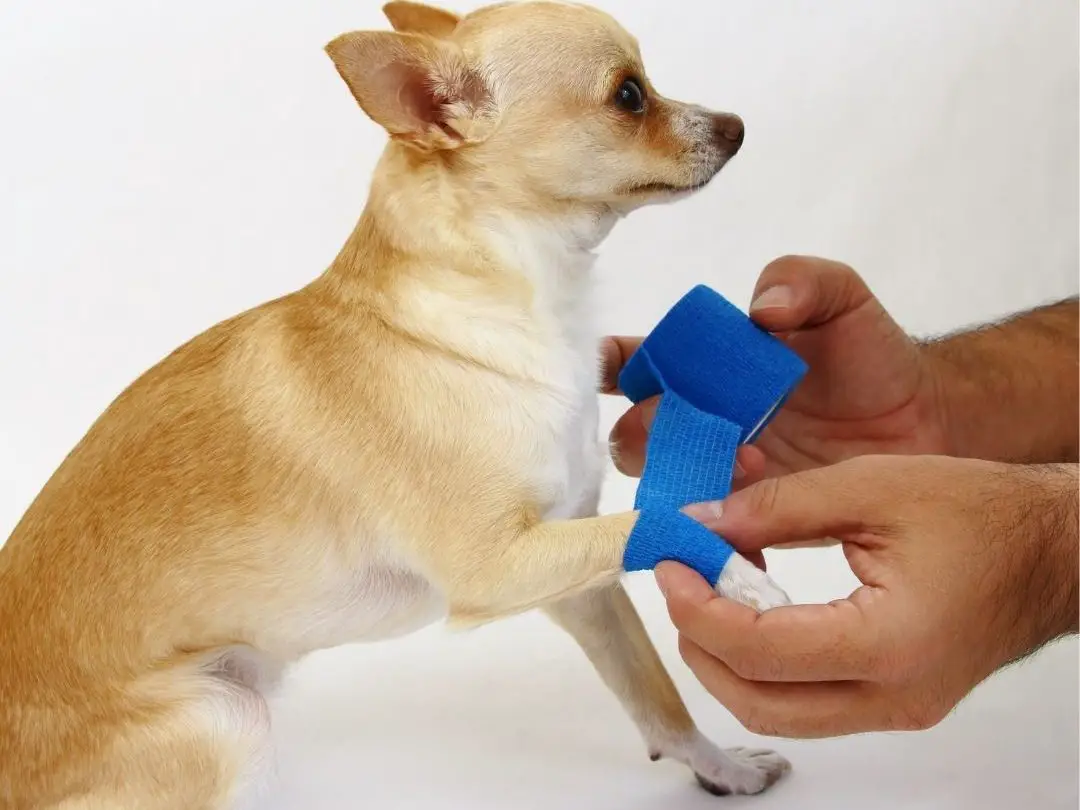Have you ever looked into your puppy’s eyes and wondered if they’d recognize you if left and returned after many years? It is important to know “How Long Is A Dog’s Memory Span?” in order to answer this question.
When your dog happily greeted you at the door after a long day at work, did you assume he was thrilled to see you because he remembers you? Well, dogs have very little short-term memory–– about 70 seconds only!
How Long Is A Dog’s Memory Span?

Dogs’ long-term memory dictates that they can remember a person their whole lives, even though they forget arbitrary events within two minutes.
Many animals–– cats and dogs included–– have appalling short-term memory. The average 27 seconds, according to a new study by Stockholm University. Dogs came out at the higher end of this spectrum at about 70 seconds.
You can tell that your dog remembers many things from the way he behaves or reacts. This behavior stems from the type of memories dogs make. While humans have what is known as episodic memory that allows us to travel back in time and remember a specific event, dogs have associative memory.
Associative memory, as you have probably guessed, means that dogs remember events or past experiences by association rather than retentive capacity. For example, when your pup hears the chink of his bowl while you fill it, he comes running to you.
The sight of you grabbing his leash is associated with the dog park.
Will My Dog Remember Me After 5 Years?
Dogs can’t ever forget their owners, not even after five years. They may not have a sense of time; they will not remember the last time they saw you–– but will recognize your scent and your face.
Even if dogs are given up for adoption, they will retain the scents and familiarity of the past owner. In this way, dogs have a good memory.

What Is The Memory Span Of A Dog?
Dogs, on average, have a memory span of 70 seconds. The study conducted by Stockholm University included many animals, from dogs to birds and bees. Collectively, these animals averaged a short-term memory span of 27 seconds.
Seventy seconds is an average, which means that some dogs held memories for a longer period when compared to others. Some dog breeds have a longer memory span than others.
Border collies, for example, are amongst the most intelligent dog breeds, with the ability to hold on to short-term memories for a little over two minutes.
How Long Is A Dog’s Long-Term Memory?
Dogs do not have a long-term memory that lasts beyond two minutes. Their long-term memory is associative. Associative memory basically means that your dog will remember things, by associating it with certain related items. So, he might remember your friend, by his smell or the games he played with him.
The Stockholm University study shows that dogs will forget an event within two minutes.
That said, your furry friend can recognize facial expressions and your scent for his whole life.
How Long Can A Dog Remember A Person?
Dogs can’t forget a person. Your canine companion can remember someone his entire life.
For example, even if your pooch is completely cut off from his previous owner for years, the connection to his past experiences, scents, and sounds does not cease. When your dog is exposed to these familiar sensations, it will cause immediate recognition.
How Long Do Dogs Remember Your Scent?

Dogs can remember a scent for their entire life. So, if you are gone for two days or five years, your dog will not forget your scent.
Dogs’ association with the smell is their most potent and most vital to survival. They stay wary of predators by making associations with certain smells, they protect pet owners from scents that predict dangerous events.
Your scent may even help soothe and pacify your dog if he suffers from separation anxiety. He may curl up in your bed and nibble at your t-shirts and nightclothes.
Do Dogs Remember Faces?
Although some research suggests that dogs can recognize people’s faces very well, even in photographs, new studies show that dogs’ response to human faces was the same as their response to the backs of the person’s head.
Instead, dogs can process faces and likenesses by associating them with incidents involving smells and sounds.
What Can I Do For My Dog’s Memory?

The domesticated dog is born with a very short memory span. This means that there’s not much you can do to improve his memory capacity. While you can stimulate your dog’s brain by training, it won’t guarantee a longer memory span.
Teach your dog to perform tricks. Induce the action you would like to see him perform accompanied by a gesture of your own, then reward your dog with a treat for successfully doing so. Continue until the chosen gesture itself prompts the performance.
This kind of trick training is good for dogs of all ages: it keeps them active and sharpens their cognitive abilities.
Beyond training, simply playing with your dog is enough to stimulate his cognition. Hide and seek is a great game and memory test to strengthen your dog’s cognitive abilities, including memory.
Also Read: Can Dogs Eat Squid?
How Do You Test A Dog’s Memory?
To test a dog’s memory, show him where you’re hiding a treat or toy. It’s best if the treasure is hidden where he must reach for it with his paw rather than with his snout or mouth.
Take your dog out of the room or the area for a minute, then bring him back in. Ask him to bring you the treasure. Most dogs tend to remember where the treat is hidden without relying on their sense of smell. Otherwise, frequent training will induce this ability.
However, if you suspect that your dog is suffering from dementia, then you can take him to a vet. The vet will probably get an MRI done to detect the possibility of dementia in your dog.
How Long Does It Take For A Dog To Forget Something?
Dogs will forget random events in less than two minutes.
Frequent or recurring events will condition your dog to associate certain actions or signals with a consequential occurrence. This is how associative memories are formed.
Dogs make negative associations from abuse from previous owners and other negative experiences of the past. They are not likely to forget such traumatic experiences.
Do Dogs Remember Their Mother?

Dogs remember their mothers through scent. The mother’s and the litter’s presence is crucial in the first 6-12 weeks when puppies are being weaned off and are learning to develop socializing skills and establish social ranking.
Captive animals and those who are not made to socialize as new pups or as adolescents are more likely to develop fears and anxiety about new environments. Such dogs may also become prone to aggression and biting.
Do Dogs Have Episodic Memory?
Unlike their pet owners, dogs do not have episodic memory. You might be wondering why dogs have such fleeting memories.
A primeval instinct to survive out in the wild is one reason researchers believe that animals are born with associative rather than episodic and semantic memories.
For example, by associating certain sounds with predators and potential harm, canine species like dogs continue to exist to this day. Even though dogs have been domesticated, there is no visible improvement in their episodic memory.
Also Read: The Best Chew Proof Crate Pads For Your Dog
Do Dogs Remember Why They Got In Trouble?

If you want to discipline your dog for pulling a naughty trick, know that dogs cannot remember why they got in trouble. They are born with a short-term memory because of a survival instinct.
This means that your dog won’t remember anything if food or treats are not involved. So, the next time, if you want your dog to remember a negative behavior, it is important that you associate negative behavior with negative reinforcement.
Do Dogs Remember Past Trauma?
Dogs do not have episodic memory like humans that helps them remember past experiences, negative or positive. This means that it’s difficult to gauge what your furry friend may or may not remember.
However, dogs have associative and spatial memory and can make associations when in contact with certain familiar sounds and smells. If your pup was a captive animal, keeping him in a close range of objects and environments that bring up negative associations.
Your dog can develop separation anxiety and recall past trauma.
Do Dogs Lose Their Memories?
Associative memories can stick with dogs for the long term, even their whole lives. They are not likely to lose these memories.
Dogs’ lack of episodic and semantic memory does not mean that they cannot remember anything that happened to them. They rely on spatial memory and associative memory to protect themselves and identify threats.
Dogs will lose familiarity with old experiences over time and don’t make immediate recognitions after a long time has passed: this is not the same as cognitive decline.

Like human memory, dogs and cats lose cognitive abilities as they grow older. Cats may suffer from Feline Cognitive Dysfunction (FCD). Canine cognitive dysfunction (CCD) is a behavioral syndrome that often affects elderly puppers rather than young dogs.
Conclusion: How Long Is A Dog’s Memory Span?
The answer to How Long Is A Dog’s Memory Span, is, at best, two minutes long with variations from one dog breed to another.
Dogs’ long-term memory is associative i.e., formed by associations. Negative experiences such as past abuse and captivation implicate negative associations, the exposure to which causes fear and anxiety in dogs.
Positive and affectionate experiences, on the other hand, imply positive associations on whose exposure dogs become excited and optimistic with the release of endorphins.
However, the associations they form with the objects and people around them through smell and the sense of affection can last a lifetime.
To promote cognitive brain development and mental acuity, give your dogs supplements like Same for Dogs S-Adenosyl-l-Methionine.



